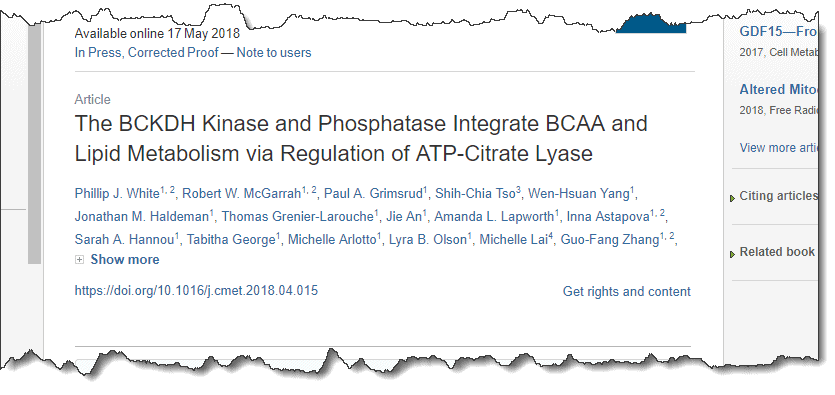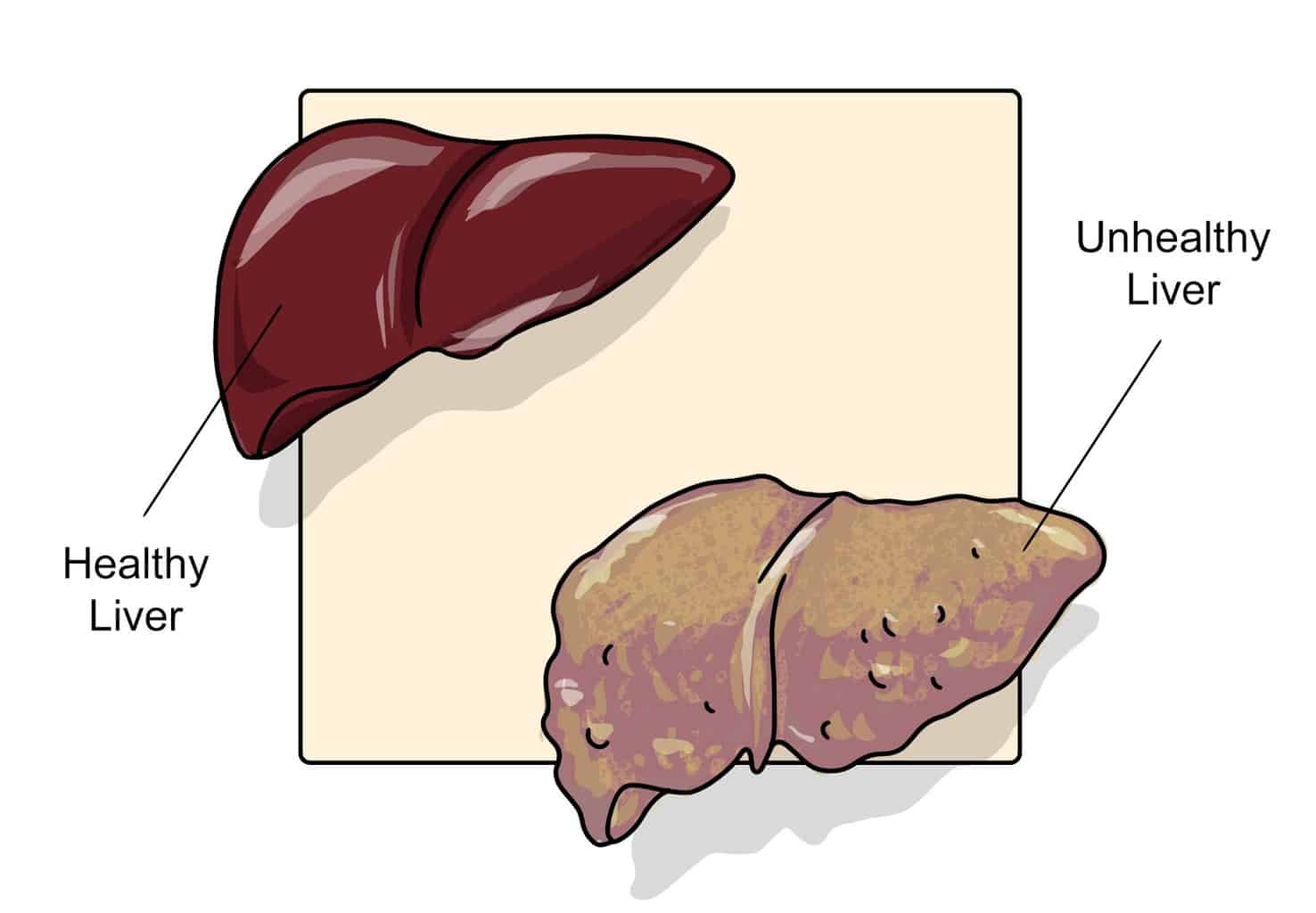
Believe it or not, the so-called gurus are wrong (again) about sugar…

—-Important Message—-
Men who eat sugar, BURN sugar — and here’s why that’s a GREAT thing
Remember being a kid and being warm and full of energy all the time?
You’d go outside to play in the cold and wouldn’t even want your jacket.
It’s because as kids, we are always burning up… our bodies are constantly burning SUGAR.
YOUTH is sugar burning. Even scientists agree.

But as we age, our metabolisms get slow and cold, and instead of burning sugar for energy, the body starts burning fat…
And believe it or not, this is a BAD thing.
Do you know what eventually happens to men who only burn fat and not sugar?
Diabetes, low testosterone, “rockiness” problems, obesity, more age-related diseases, even cancer…
So a hot, fast sugar-burning metabolism is the key to remaining young and healthy no matter how old you are.
———-
Good news about sugar
Most people don’t know this, but sugar is not the big culprit in whether you get blood sugar problems or not.
I know this sounds CRAZY, but it’s true.
It turns out that having a fatty liver is a much better indicator of whether or not you’ll get blood sugar problems.
But it seems that many people think that liver problems are only in men who drink too much alcohol.
But that’s not true at all.
Our modern Western lifestyles make fatty liver incredibly common.

And now scientists know a lot more about exactly why this happens.
What is fatty liver?
Fatty liver caused by too much alcohol intake is called ALD or alcohol-related fatty liver.
Fatty liver that’s not caused by alcohol is called either non-alcoholic fatty liver disease (NAFLD) or non-alcoholic steatohepatitis (NASH)…
The NASH type comes with inflammation in your liver.
I do write about internal inflammation A LOT.
That’s because it’s such a problem for overall health…
If any part of your body is chronically inflamed, it’s going to lead to health problems.
But ALL types of fatty liver can put you at risk for diabetes and metabolic syndromes.
And that is because fatty liver disease of any type makes it harder for your liver to do its job.
Fatty liver, BCAAs, obesity, and diabetes
A fatty liver is not capable of breaking down branched-chain amino acids (BCAAs) well.
And the inability to break down BCAAs is directly linked to developing diabetes.
“BCAAs have been shown to be highly predictive of future diabetes development by the landmark Framingham Heart study.”
But researchers at Duke University have identified the specific mechanism that makes the liver breakdown be BCAA’s.
“Duke researchers have identified a key fork in the road for the way the liver deals with carbohydrates, fats, and protein.”
And this leads us into a discussion of the fascinating field of epigenetics.
Not too long ago, we thought that genetics were something you were born with that didn’t change for your entire life.
But now we know differently.
Epigenetics is the ability of your genes to be influenced by your lifestyle and environment.
Think of your genes as having on and off switches – like a light switch.
When you turn these regulatory switches on or off you get varied results.
And it turns out that the breakdown of BCAAs in your liver comes down to a single regulatory switch.
“In the liver, which stores more fat and produces more glucose in prediabetes, it turns out that the molecular components that execute BCAA…breakdown are turned off by a single regulatory switch.”
Why is this so important?
When your body doesn’t process BCAAs properly, you end up with obesity, insulin resistance, and (potentially) diabetes.
“…BCAAs had been identified in 2009 as a robust marker of obesity and insulin resistance in humans…”
This regulatory switch is controlled by two molecules. They work in a push-pull manner to either break down BCAAs or let them accumulate.
“Two molecules, a kinase and a phosphatase, work in opposition to flip this regulatory switch that controls the breakdown of BCAAs. The balance of these molecules determines whether BCAAs are broken down or accumulate.”
Interestingly, inhibiting one of these molecules or activating the other have nearly the same effect.
Either of these actions will activate BCAA breakdown.
And, by allowing the body to break down BCAAs, the researchers were able to reduce fat deposits in the liver and improve blood sugar regulation – without the subjects having to lose weight.
“When the researchers inhibited the kinase or activated the phosphatase, the results were almost identical. Within a week in a rat model of prediabetes, activating BCAA breakdown reduced fat deposition in the liver and improved glucose regulation without altering body weight.”
This particular study was done on rats, but they’re going to be taking this concept into human trials soon.
Scientists are now looking at whether changing the types of amino acids we eat will help prevent the development of diabetes.
“It gives us the motivation to test whether changes in the amino acid intake in our diets would be worth exploring.”
Fatty liver disease – of any type – is dangerous.
It can cause your body to completely dysregulate its ability to process sugar which leads to diabetes.
—-Important Message For Men with Fatty Livers—-
This simple protocol cleans out a fatty liver (and strengthens “rockiness”)

Most men don’t know that good “rockiness” is tied to good liver health.
So many men with fatty livers will often suffer from “rockiness” and performance problems and not know the true cause…
This is why many traditional “rockiness” treatments do nothing for so many men.
However, I’ve found a simple way of cleaning out the liver that can restore good, strong “rockiness” in men again, no matter how long it’s been.
I call it the Penis-Liver Detox and it works by clearing out the toxins and fatty deposits that have built up in the liver over the years.
I’ve found it has made a huge difference in my stamina and lasting power. And who knows — it very well may do the same (or even better) for you!
Discover more here — including how to try the Penis-Liver Detox for free
———-
